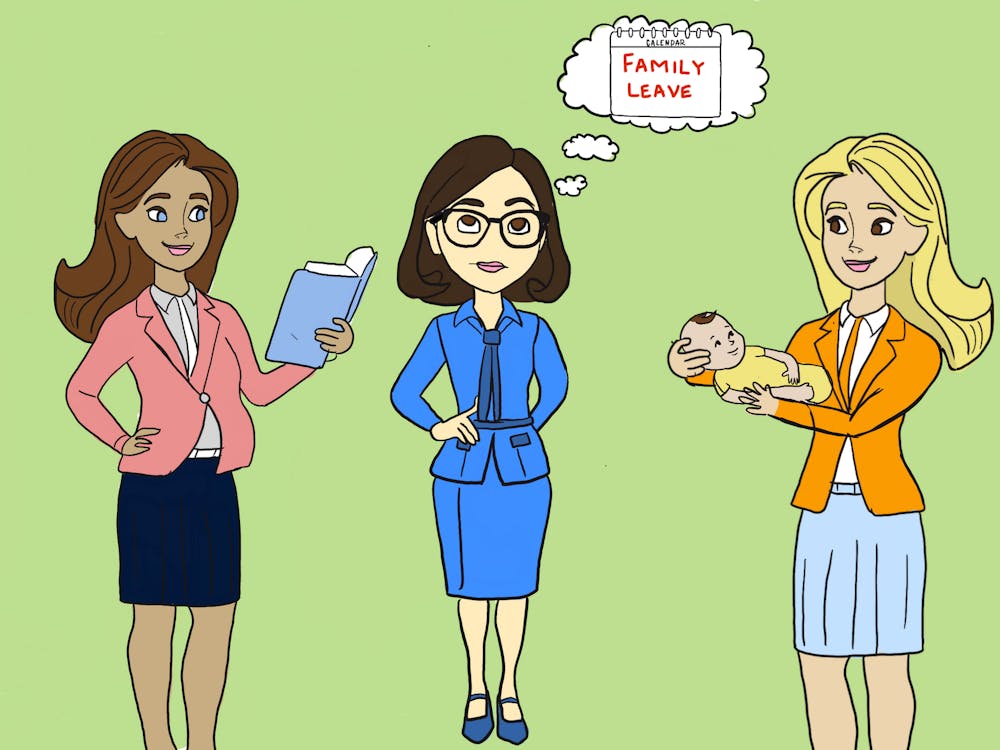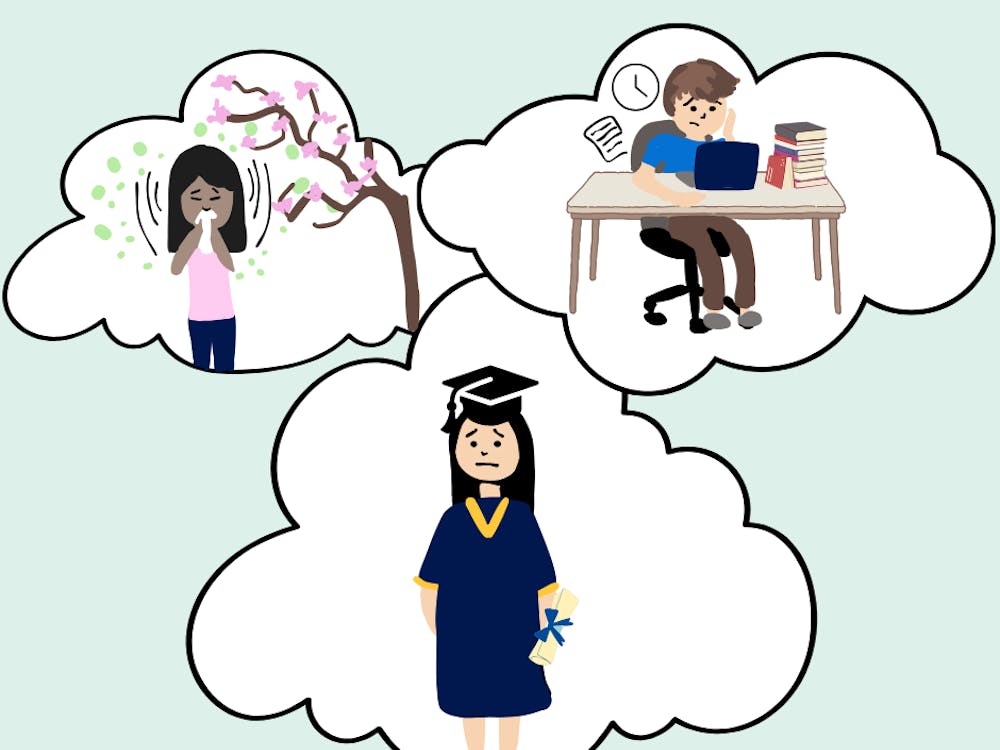I think, in the realm of dating, playing hard to get only works up to a certain point. A little bit of mystery is always a good thing, but there's a fine line in this game of playing hard to get. A fair move would be not answering the phone until the third ring, not sending the 13th unanswered phone call straight to voicemail.
To a certain extent, playing hard to get or being a little coy has its advantages. It's thrilling to get a text you've been waiting for or to go out on a first date with the classmate whose eye you have been trying to catch for weeks. However, I think we also have been coached to believe that even when all of the big, glaring, red flag warning signs point to "No! No! No! This person does not like you as anything more than a friend or a funny buddy!" we should continue to pursue them as if we didn't just wait up until 3 in the morning for plans they said would happen but never came through.
I think we've been raised in a culture where we celebrate the excitement of the chase. In TV and the movies, it always works out for the one person endlessly pursuing another even though the pursued gives all the signs that he wants anything but a relationship out of their time together. In the recent movie "No Strings Attached," for example, Ashton Kutcher's character is relentless in trying to make Natalie Portman's character his girlfriend, despite her repeated refusals to date him and her frequent socializing with another hot young doctor. In real life, Ashton most likely would keep pursuing her and she most likely would keep denying him, ending in disappointment and heartbreak. In the movie, though, she realizes that of course she wants to be in a relationship and of course she wants to be in a relationship with him. Her denials of affection only make him want her more.
In reality, I think we should be quicker to rule out potential love interests if the other person isn't reciprocating any of our affection earlier on. Instead of waiting and waiting for that one person to come around and become more than friends, maybe we should realize that we deserve better. And better is someone who wants the same things you want and more than anything, wants you.
If someone says he is too busy to go on a date this month, I think instead of asking him out again in exactly 30 days, it's safer to assume he just doesn't want to go on a date with you. Come on, we're in college - everyone needs to eat a meal at some point during the day, and there are four weeks in a month - if he's really too busy for a date then he better be taking 75 credits and be on the varsity basketball team or else I'm just not buying it.
If he doesn't text you back within 24 hours of initial text, then his phone probably isn't broken, he probably didn't forget it at home, and your text probably didn't fail to go through. He just failed to have any marked interest in getting back to you.
The best advice I can give is to be up front about what you're looking for, once you know what exactly that is, and if your someone isn't on the same page, stop waiting around for him to realize how awesome you are. Move on! My amazingly strong and wonderful friend Lauren did just that. Despite having acted interested enough for the past few months, the boy in her life just wasn't giving her everything she deserved, so she washed her hands clean of him and just said good bye. Moving on up! She most likely will report back next week about her sexy new business student/medical resident/professional swimmer/lawyer/model boyfriend - those aren't possible choices, by the way, I'm just confident the guy will be all of the above






